
Modern Britain is full of anniversaries (many say it is too full). Few anniversaries are as grim as the fifth anniversary of the first Covid lockdown, memorably announced by Prime Minister Boris Johnson on live TV on March 23rd 2020, five years ago this week.
This anniversary is not a time for warm nostalgia, but traumatic flashbacks. Johnson’s announcement coincided, almost precisely, with the Spring equinox. I can remember musing that the lockdown may be over by Easter, then only three weeks away. How wrong we all were. April was indeed the cruellest month.
Covid was a disaster in public health terms, and a social and economic catastrophe, with very few silver linings. Politically, the pandemic may have had some therapeutic value, reminding people of the importance of the state, and the generous public spending to pay for treatment of the infected, fund the hunt for a vaccine, and pay for the furlough and business support schemes that compensated millions of people who lost some or all of their livelihoods. But this is outweighed by the economic havoc, the long-term damage to physical and mental health, as well as the temporary misery of not being able to go out, or to meet friends and family. The pandemic did not even bequeath a positive cultural legacy. The double act of David Tennant and Michael Sheen in Staged, Sophie Ellis-Bextor’s kitchen disco, and live streaming of performances from shuttered theatres and concert halls, were all profoundly unfunny, uninspiring and depressing. Almost all the other communal activities set up to cheer us up – online fancy dress parties, socially distanced picnics, virtual pub quizzes – left most people, me included, feeling thoroughly miserable.
Continue reading
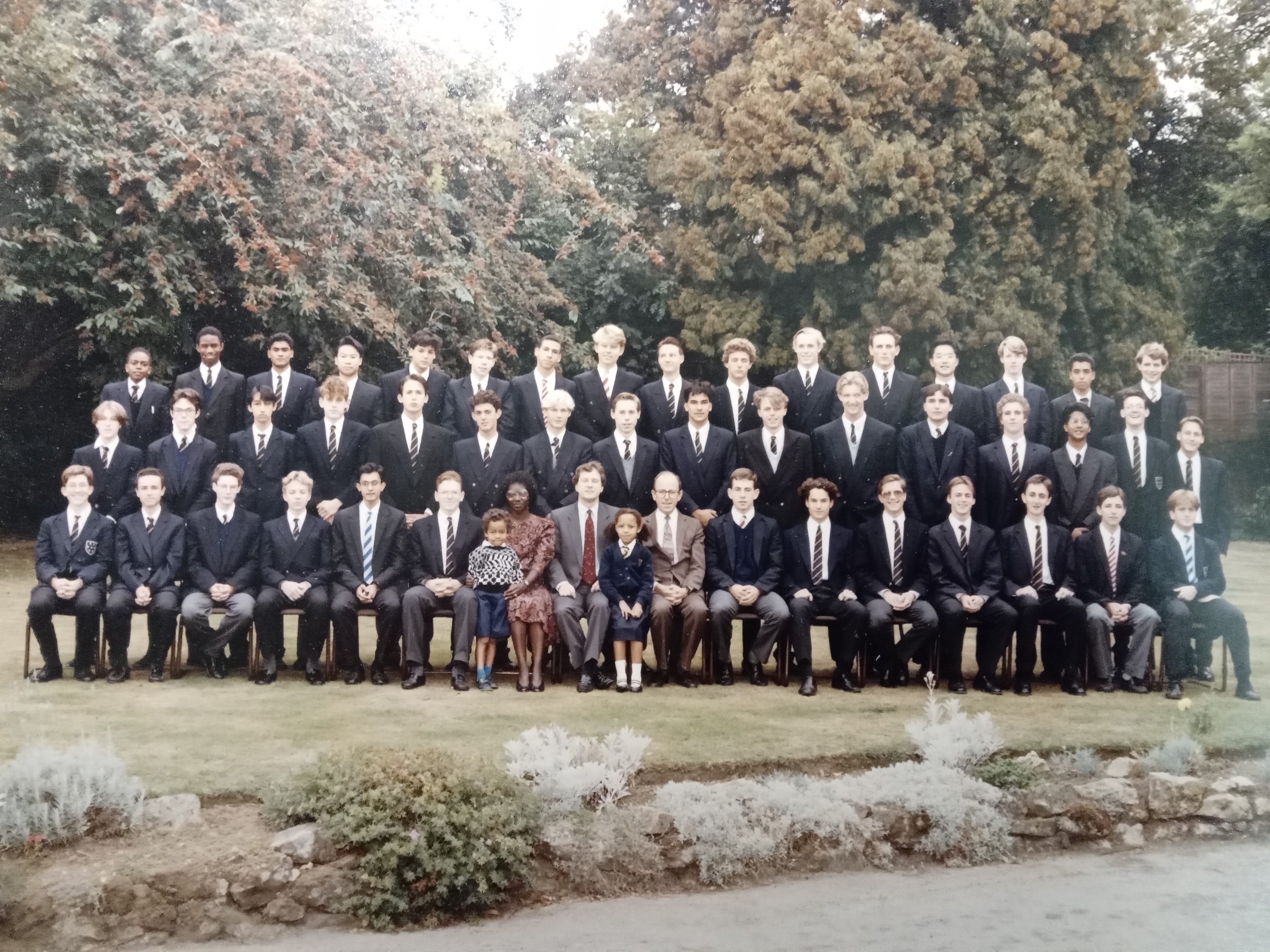
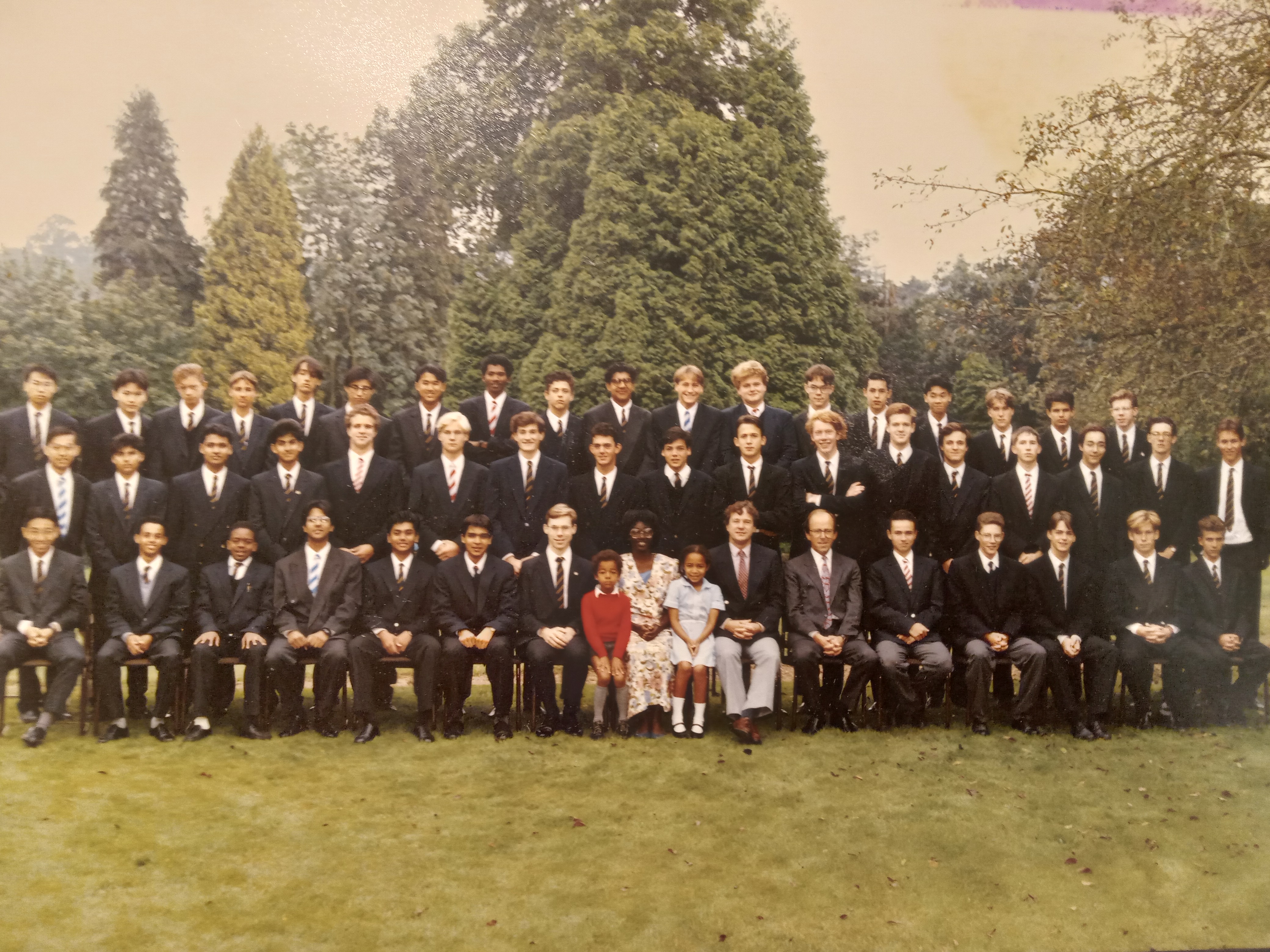
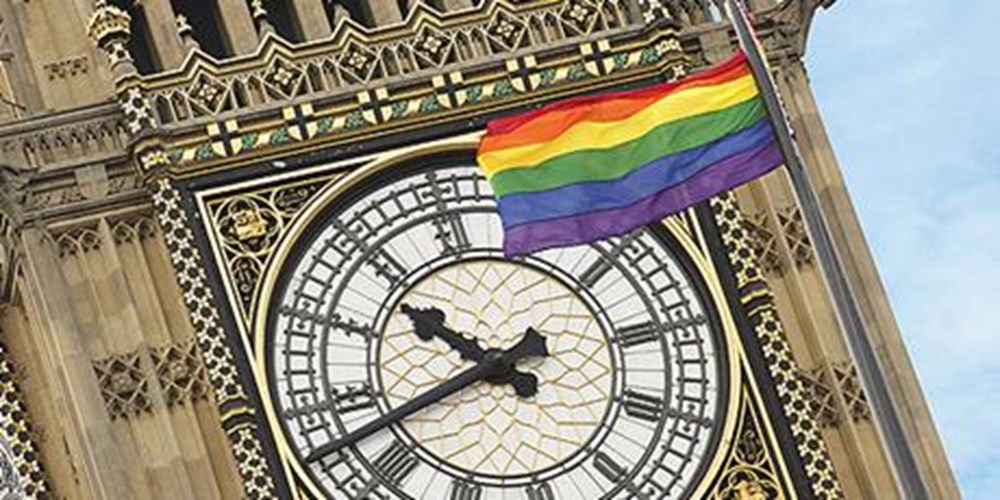





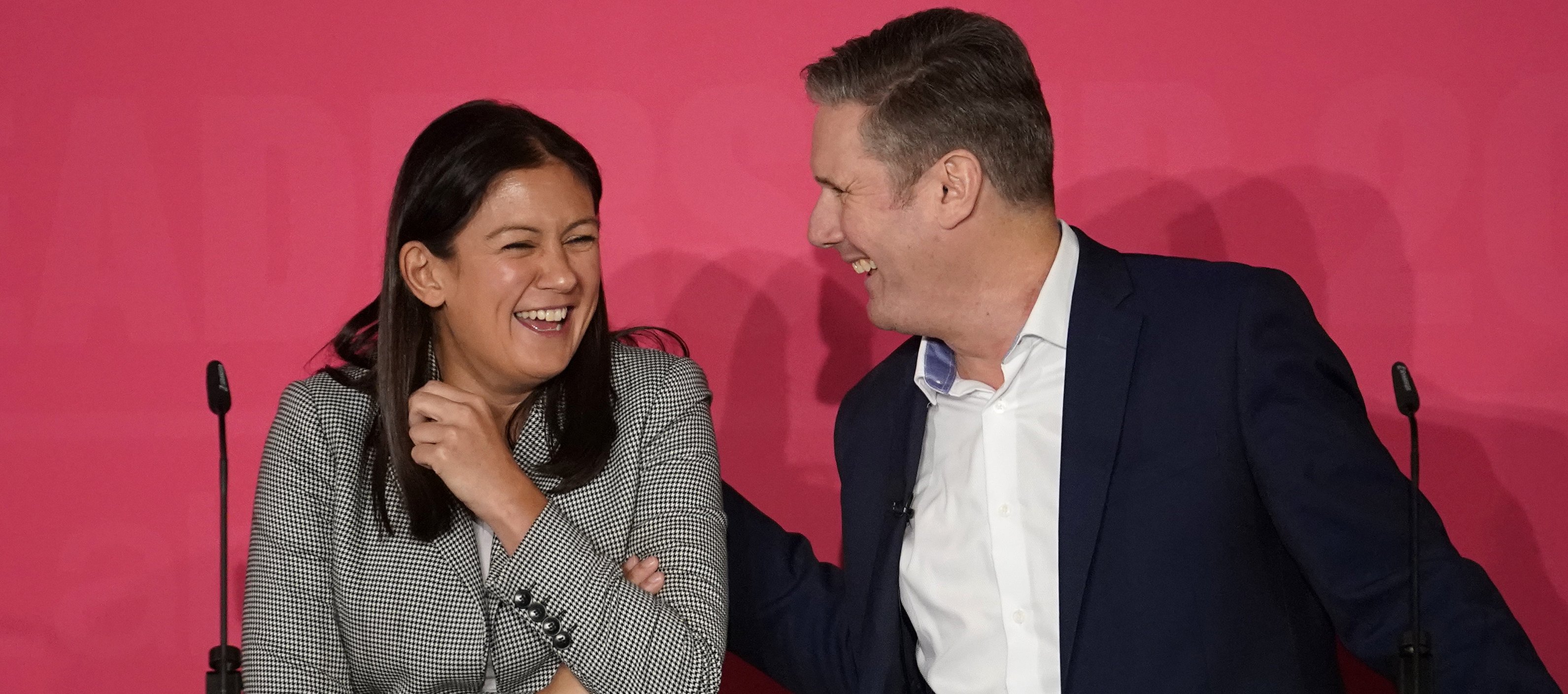
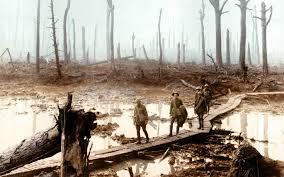 After the dam breaks, a flood of analysis and recrimination. More than ten days on from Labour’s catastrophic defeat in the general election, the pain is still raw, and many in the party don’t seem to have realised the enormity of what has happened.
After the dam breaks, a flood of analysis and recrimination. More than ten days on from Labour’s catastrophic defeat in the general election, the pain is still raw, and many in the party don’t seem to have realised the enormity of what has happened.